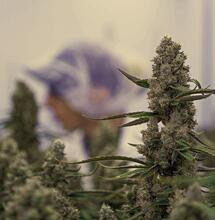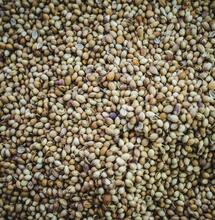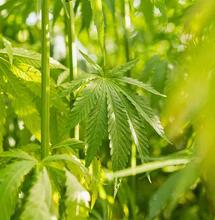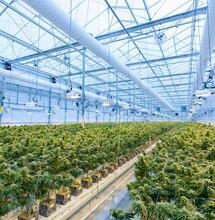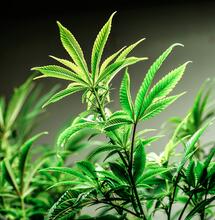Is Inflation Harming the Weed Industry?

Inflation is big news. The cost of living is rising, including food, gas and energy bills. The war in Ukraine is cutting off resources, and the pandemic is still having a negative effect on the supply chain. However, there has been no reflection of this in legal weed prices... yet
The onset of the pandemic saw a jump in cannabis sales as people stocked up to help cope with the lockdown. Demand was much higher than supply at first.
Now it's quite the opposite. Due to inflation, people are tightening their belts and have less expendable income thanks to the price hikes on gas, food, and other goods. This has led to an oversupply of weed and weed products and a customer base with less money.
Because of the abundance of products, customer competition among cannabis shops is very high. Weed shops have done their best to keep prices the same to get customers through the door.
It's, unfortunately, the same situation for cultivators. They compete with other growers and, as such, cannot afford to raise the price they are selling to dispensaries because there's an excess of product. Growers and retailers seem locked into current pricing levels, afraid to raise prices even though their expenses are increasing.
The global supply chain is still in a state from the pandemic. Shipping levels are reduced all over the globe. Goods arriving from overseas face a long wait at the dock. This causes prices for even the most uncomplicated materials, including those needed for cultivating and selling cannabis.
The war in Ukraine is having an effect too. Russia and Ukraine export 28% of the world's fertilizers. Wartime trade disruptions and economic sanctions have massively reduced those supplies, sometimes doubling the price of fertilizers—including the ones needed to grow cannabis.
The cost of fertilizer and other agricultural supplies has risen by a quarter over the last few months. Even basic essentials have increased in price. For example, 20-gallon pots have increased from about $6 to $9. Coco coir has doubled, sometimes tripled, in price because it is produced overseas. These small increases soon add up to a high additional cost for growers.
As it stands, retail prices at cannabis stores are stable. However, consumers aren't buying as much weed, and at this point, the growers are feeling the pressure the most. Eventually, they may have to put their prices up or face the reality of going out of business. Unless all growers can raise their prices collectively, then some cultivators could be forced out of the market by those lucky enough to be still able to sell at lower wholesale prices.
Aside from all the troubles listed. The cannabis industry is still unpredictable. It's a highly competitive industry with companies setting up and going out of business rapidly. This rookie market is still trying to figure itself out, even in states that have been selling legal cannabis for several years.

